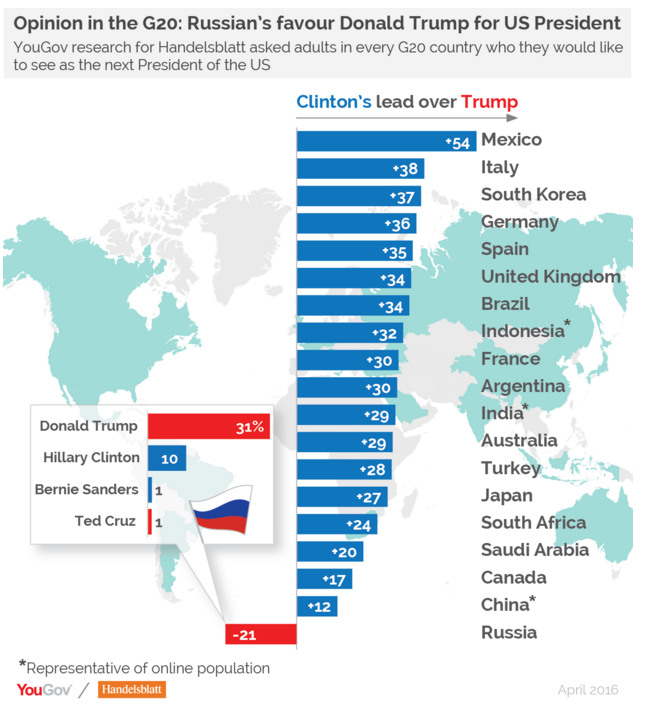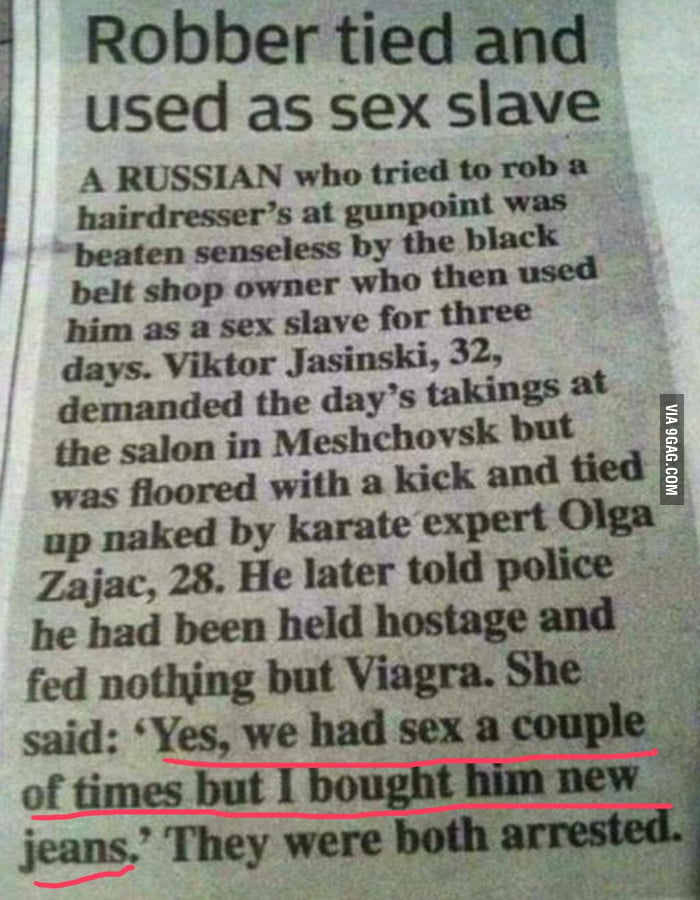Citat:
This. Stop doing this.
For many years, one of my most passionate subjects was the “Eastern front” of WWII. (...) Naturally, actually moving to Russia, with its abundance of sources and information often not published outside of the Former Soviet Union, was a sort of kid-in-a-candy-store experience. For about six of my nearly ten years here, I was obsessed with the idea of writing a novel or screenplay that I hoped would lead to the production of a film about Stalingrad. My vision was to create a Soviet version of something like Band of Brothers or The Pacific. (...) In the autumn of 2013 I put the idea on hold. By 2014 I didn’t want to hear anything about the Second World War at all. That feeling hasn’t changed either.
How did this come about? Well as I said before, living in Russia is great for an enthusiast of the Great Patriotic War. (...) Still, in my early years in Russia, the years when the hedonism and consumerism of the elite was openly flaunted, I couldn’t help but feel discomfort at the contradiction inherent in Russia’s celebration of the Soviet victory. (...)
It’s really hard to pinpoint the moment when I went over the peak, though today I saw a reminder of why this topic that I used to love has become such an anathema to me.
Ukraine Today somewhat sensationally reported on a Russian public service announcement featuring a video wherein modern Russian children meet the “ghost” of a Russian child who apparently died during the war. The ghost is wearing a Red Army uniform.
The key part of the video is when the kids ask the “ghost” whether he was afraid to die, and he says: “That’s not important. What’s important is that we won.”
This theme of involving children in the story of the war is more common than some might think. Back in 2013 I participated in a massive WWII reenactment called Pole Boya (Field of Battle). All participants received some gift swag, and among the various videos was a sort of documentary about the war, which can be viewed here:
As you no doubt noticed, the narrator is an annoying little kid. (...)
The video had got me thinking and a bit later I started to see this as something very inappropriate. What is the reason for having a little kid trying to describe World War II? (...) Little kids and war don’t mix; whenever they do, war wins and little kids end up losing, badly too. And keep in mind this wasn’t intended to be a historical festival for children either. So what was the purpose?
(...)
Back to the video, where our ghost kid says “What’s important is that we won.” This is the message the Russian government wants everyone to grasp. All that’s important is that “they won.” Don’t ask at what cost or question the wisdom of turning a national tragedy into a festive, commercialized celebration. Don’t actually learn about what the fascists believed or why they attacked the Soviet Union and behaved the way they did- what’s important is that anyone who goes against Russia is a fascist. Otherwise you might note an inconvenient similarity between the beliefs of the Nazis and the ideals that are preached by the current Russian government and its paid ideologues. Whatever you do, never ask why it is the case that in a nation that supposedly “won” the war, the people experience living standards far below those of Germany and Japan, two countries that lost the war. Never question as to why the veterans of the losing Wehrmacht better off than those of the victorious Red Army. Do not inquire as to what happened to the riches from the sale of Russia’s vast resources in the past quarter century, or more importantly, in the past 16 years.
No. What’s important is that “they won.” Don’t think. Adopt the mindset of a child, someone who cannot possibly understand war in general, let alone the worst war in human history. Pin on the tsarist black and orange ribbons, watch the parades of military vehicles paid for at the expense of education, healthcare, and pensions, and drink yourself stupid on the street. Go ahead and put obscene window decals that liken the war to anal rape on your car. Pay no attention to the fact that “you” didn’t do jack shit to win the war and your grandpa might not appreciate such a vulgar metaphor.
None of that is important. What’s important is that “we” won.












